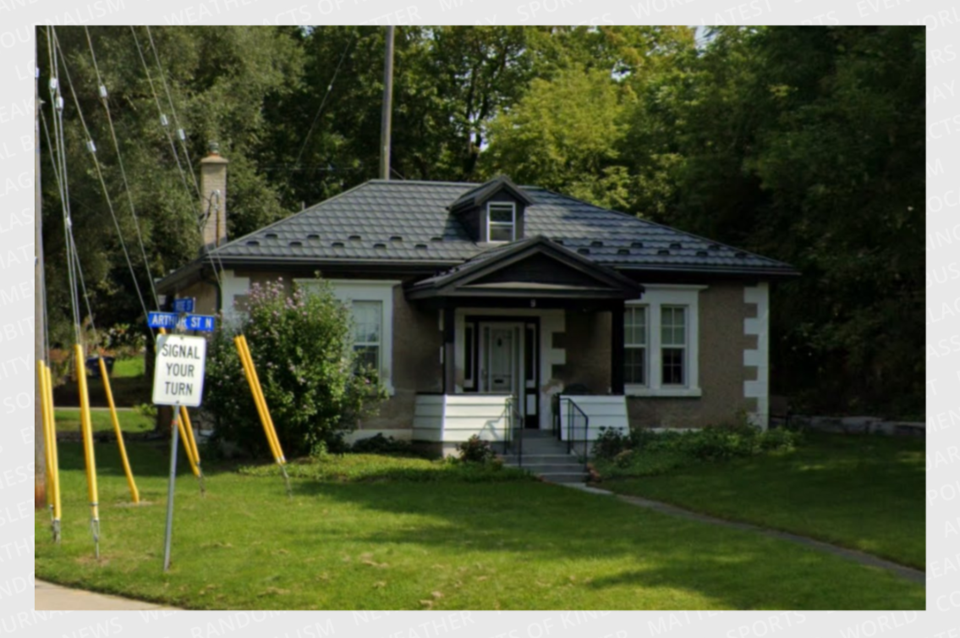As the clock ticks down on municipal heritage registries throughout the province, city staff have identified 50 historic sites they consider priorities for protection under the Ontario Heritage Act (OHA).
Among them is Victory Public School (113 Exhibition St.), the Arboretum Centre (250 Arboretum Rd.) and the University of Guelph greenhouse conservatory (37 Christie Lane).
The oldest property on the list is the “Yankee cottage” at 9 Arthur St. N., built circa 1847.
Click here to check out the full list of identified staff priority sites.
“We always ask ourselves, ‘What would the public miss if it was gone tomorrow?’” city heritage planner Jack Mallon said of how the prioritizes were selected. He explained heritage staff reviewed the entire registry and highlighted 150 properties before whittling it down to 50.
“I think it’s important for us to ask, what are we aware of right now that is at risk and focus on that for the next 12 months.”
The list, which Mallon said is meant to inspire conversation, is slated for discussion during next week’s Heritage Guelph meeting. In January, he said committee members will be asked to provide their top-10 for study and consideration of designation, though they won’t be limited to the identified staff priorities.
City officials have picked up the pace of OHA heritage designations during the past year, in response to the passage of Bill 23. Among other things, the bill limits the time properties can remain on the municipal heritage registry to two years.
As a result, the city’s municipal heritage registry of more than 1,700 sites will be essentially cleared on Jan. 1, 2025.
“I think 10 is a good baseline. I’m optimistic that we’ll be able to get a lot more out the door,” Mallon said of OHA designations in 2024, noting the city is increasing its heritage staffing and has partnered with the University of Guelph history department.
“Once they’re removed from the registry, we can still designate them. I’m not anticipating a demolition bonanza in January of 2025.”
In recent years, city council has designated a handful of properties annually. However, there are currently 10 sites at various stages of the designation process.
OHA-designated properties require city approval before alterations, renovations or additions can be done that may impact the property’s heritage attributes, including landscape and natural features.
The city’s full-time heritage staff will be “mostly focused” on three cultural heritage district studies which, if approved, would provide some protection to properties in those zones.
As it stands, the former Ontario Reformatory property is being studied, along with Downtown Guelph. A third, which was actually approved for study before the others, would see the Ward West area considered next year.
“I’m really happy that we’re able to do so many heritage districts right now. I know a lot of other municipalities in Ontario weren’t prepared and aren’t about to do that,” said Mallon. “Through downtown and the Ward West, that should be 100 to 200 properties.”
